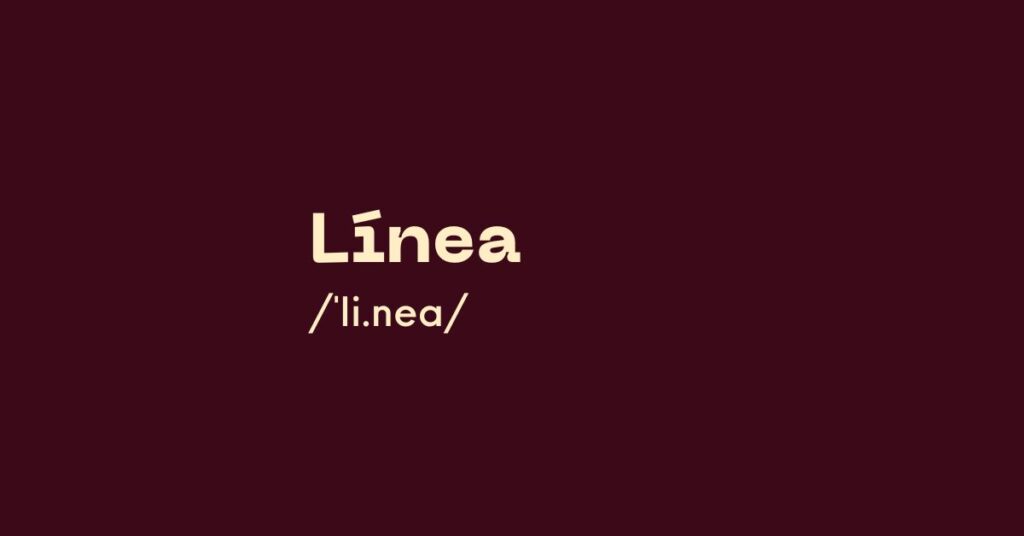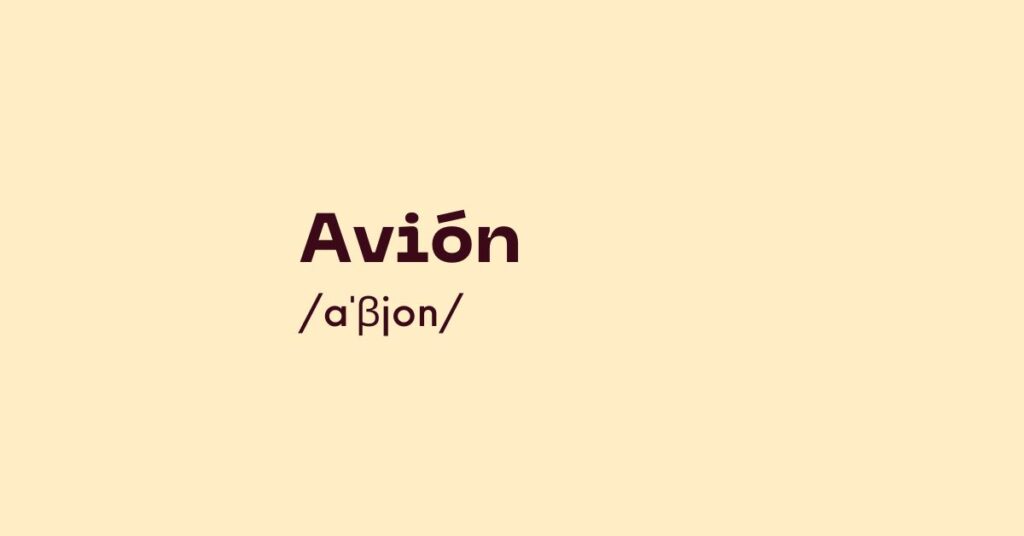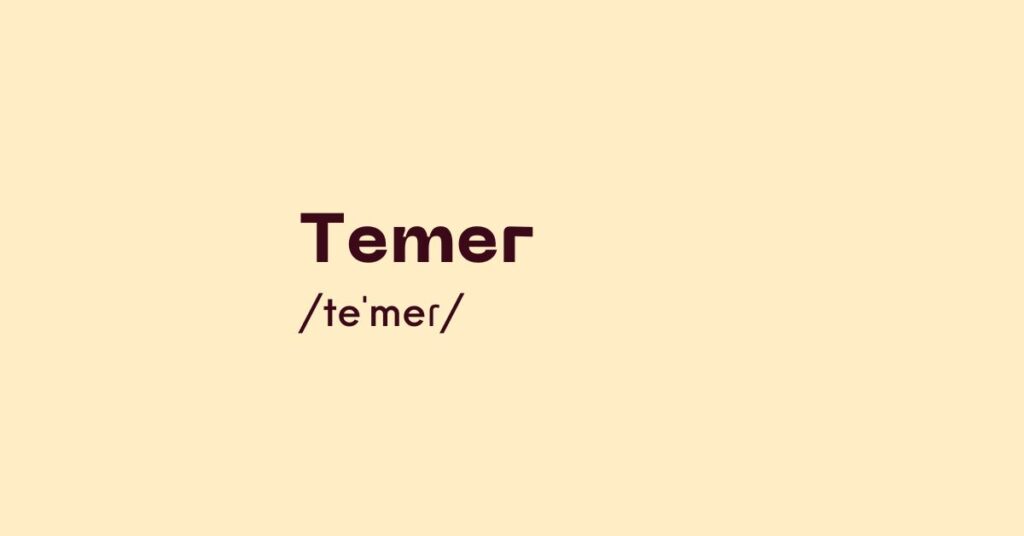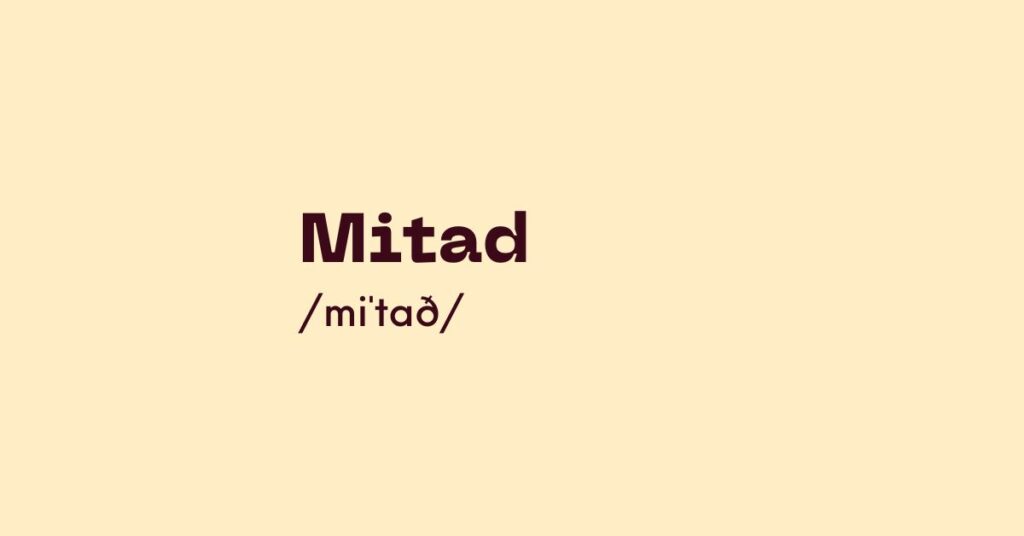Línea
Today’s Spanish word of the day is “línea”. It’s a feminine noun meaning “line”. It can be used to refer to lots of kinds of line, including stripes, product lines, transport routes, and phone lines. It can also mean “cable” when used to refer to electricity cables. The word “línea” comes from Latin linea, meaning […]








